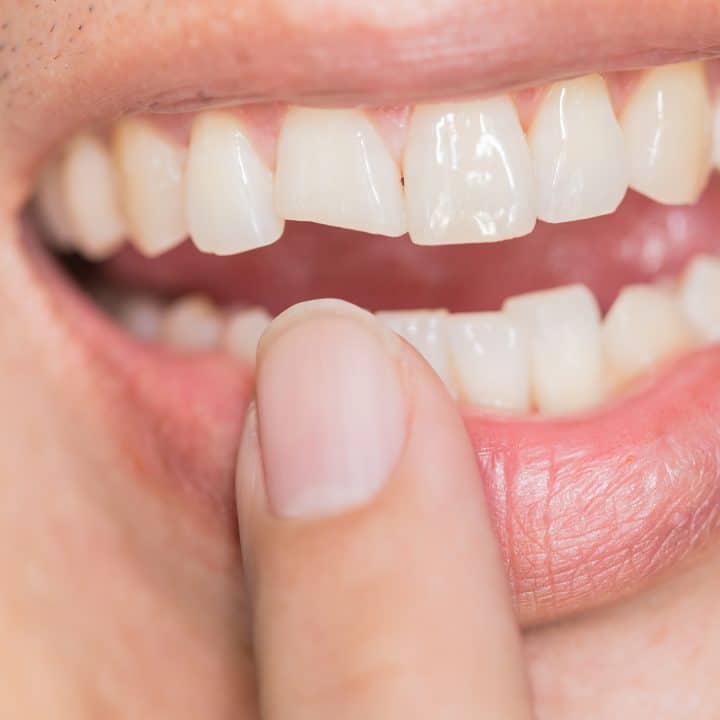Root Canal Treatment
Naturally, every tooth has a hollow area that houses nerves, blood vessels, and connective tissue called pulp. The tooth pulp (or nerve) may become inflamed or infected due to tooth decay, fracture or cracks, a blow, injury or trauma. Even though some patients may present little or no symptoms while the pulp is dying, some of the most common symptoms are:
- Prolonged sensitivity to heat or cold;
- Tenderness, pain or discomfort to touch or chewing;
- Unprovoked or spontaneous tooth pain;
- Constant or intermittent tooth pain;
- Severe or throbbing tooth pain;
- Loosening of the tooth;
- Swelling or tenderness of the surrounding tissues of the tooth;
- Oozing of pus surrounding the affected tooth;
- Discolouration / change in colour of the tooth.
If left untreated, it may lead to a number of complications, such as tooth abscess and spreading of infection to the surrounding bone and soft tissues, loss of the supporting bone, and ultimately tooth loss. Also, depending on the size of the infection, tooth replacement with implants may not be possible.
Root canal therapy, also called endodontic treatment, is a procedure used to save a tooth by removing the affected tooth pulp and filling the tooth canals with a permanent sealing material. When properly completed, root canal treatment has a success rate of over 95% and can last a lifetime.
In order to protect the remaining tooth structure after a successful root canal therapy, a dental filling or crown (for added strength and protection) is used to re-establish the tooth function.
Be aware that the remaining tooth structure is still susceptible to decay, crack and infection, but since the nerve is removed, the tooth will no longer respond to hot or cold stimulus and there will be usually no pain even if the tooth has decay or cracks.
Although dental extraction is an alternative to root canal therapy, every available treatment is considered to help you maintain and save your teeth for as long as it’s feasible, because we believe that keeping your natural teeth are still the best option.





